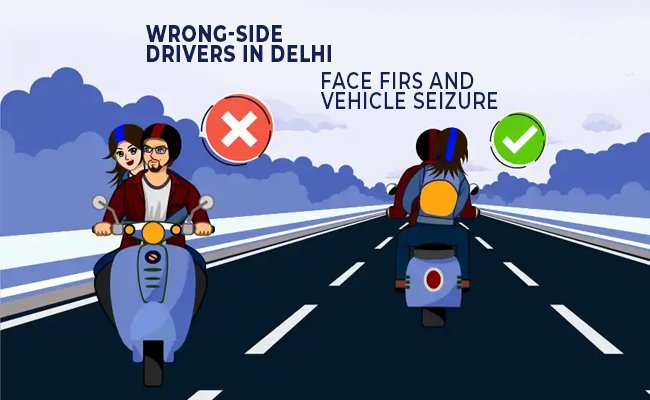The Supreme Court of India has notified that notices under Section 41A of the Code of Criminal Procedure (CrPC) and Section 35 of the Bharatiya Nagarik Suraksha Sanhita (BNSS) cannot be served via WhatsApp or other electronic platforms. This decision highlights the importance of adhering to established procedures for serving legal notices to ensure clarity, accountability, and acknowledgment by the recipients.
The ruling came in response to instances where electronic modes of communication were used to serve notices, leading to procedural ambiguities and concerns about proper acknowledgment. Referring to earlier judgments, including one by the Delhi High Court, the Supreme Court deemed such practices inconsistent with legal norms.
The court stated that electronic service of notices is not a valid alternative to the prescribed modes under CrPC or BNSS. Justice M.M. Sundresh, part of the bench delivering the judgment, emphasized that compliance with the law’s procedural requirements is non-negotiable to maintain the integrity of the legal process.
Key Directives:
1. Mode of Service: Police must serve notices in person or through the legally recognized methods outlined in CrPC and BNSS. Electronic communication, including WhatsApp, emails, or SMS, is not considered valid.
2. Institutional Monitoring: The court mandated High Courts to establish committees to oversee compliance with its guidelines and submit monthly reports.
3. Preventing Arbitrary Practices: The ruling aims to ensure that police actions, such as serving notices, do not violate procedural safeguards. This measure also prevents misuse of electronic service, which may lead to unacknowledged notices.
4. Accountability of States and Union Territories: The Supreme Court directed all states and Union Territories to issue standing orders aligning with these guidelines and to ensure adherence at all administrative levels.






